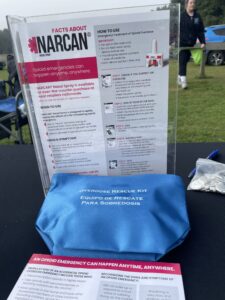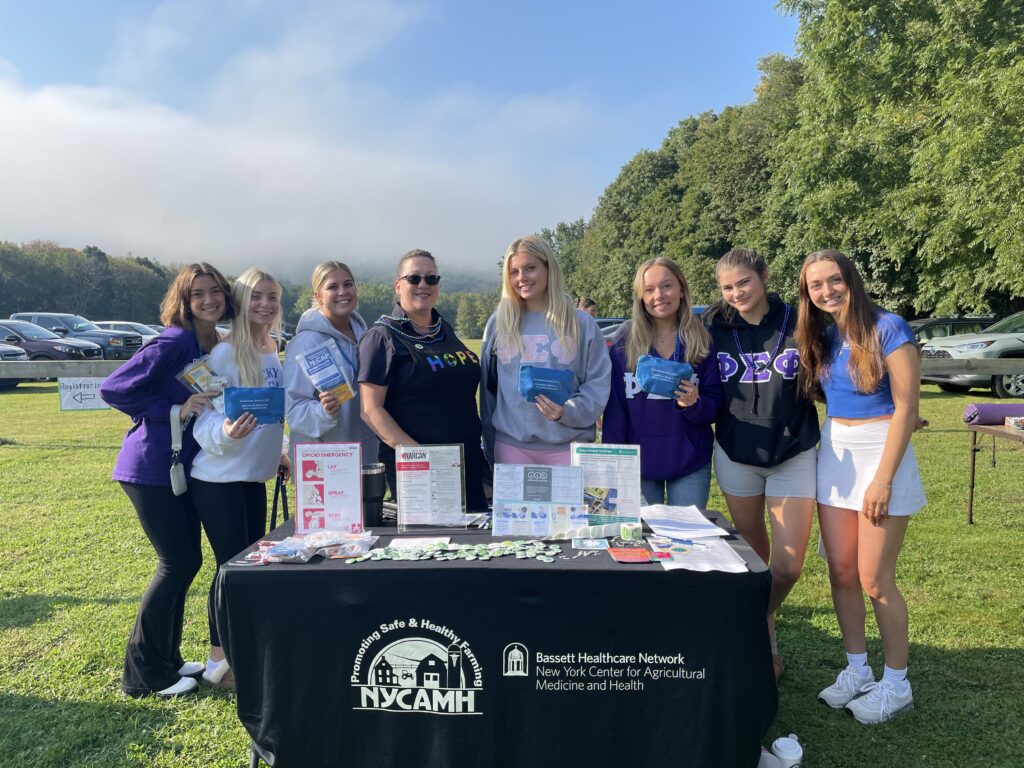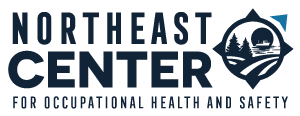As part of our commitment to agricultural health and safety, the Northeast Center has expanded its worker well-being initiatives to incorporate harm reduction strategies.
Harm reduction is a public health philosophy that seeks to minimize the negative consequences of certain behaviors, such as substance use. It embraces a range of strategies from safer use to abstinence, employing a person-centered approach. Recognizing that drug use is a reality in our society, the NEC aims to reduce its harmful effects without downplaying the risks associated with substance use. In August, our staff completed harm reduction training to better equip themselves with the knowledge and tools to address substance use issues in the communities we serve.

One critical tool for harm reduction is naloxone (Narcan), a life-saving medication that rapidly reverses opioid overdoses. The Northeast Center collaborated with Bassett Hospital to obtain Naloxone Kits and educational material through the NYS DOH Opioid Overdose Prevention Program. Eleven Northeast Center staff participated in a First Responder Naloxone Program train-the-trainer session in May of 2024. The goal is to provide farms with overdose kits and materials, as well as educate English and Spanish-speaking farmworkers and managers on how to properly store and administer naloxone, understand the effects of naloxone, recognize signs of an opioid overdose, and respond to an opioid emergency.
In September 2024, the Northeast Center attended the American Foundation for Suicide Prevention (AFSP) at the “Out of the Darkness” walk for Mental Health Awareness and Suicide Prevention in Oneonta, NY. More than 50 Naloxone Overdose Prevention Kits were provided along with training.

The scope of the reach of the Opioid Overdose Prevention Program is projected to be over five thousand farmers in New York State. Future outreach may include tabling events and clinics that serve firefighters and EMTs, with the potential to expand to farmers, forestry workers, and commercial fishermen throughout the Northeast. Through these and future efforts, we aim to empower our rural workers and their families with the resources needed to respond to opioid-related emergencies, promoting safety and well-being across our communities.


